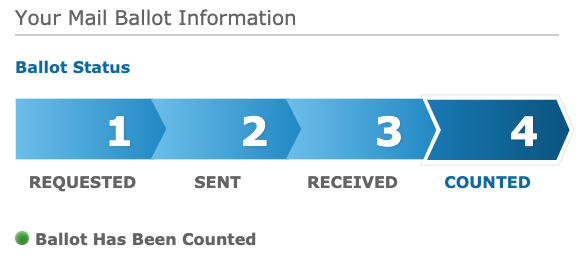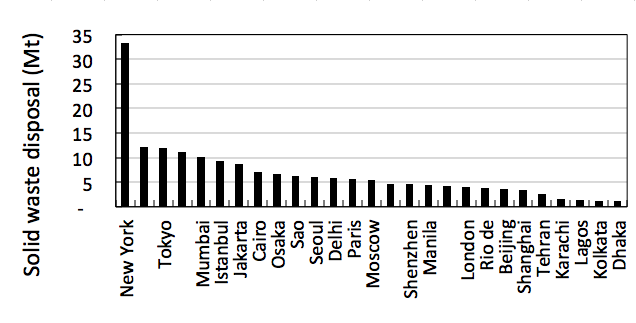RED FLAG WARNING
The National Weather Service has issued a Red Flag Warning for New York City and surrounding areas until 6:00 PM today, 5/13/15.
A Red Flag Warning means a combination of dry brush and gusty wind conditions support fire danger. Exercise extra caution when using outdoor gas and charcoal grills. I
n addition, smokers should never carelessly discard cigarettes. Immediately report a brush fire to 911. Please see attached press release: http://www.nyc.gov/html/oem/html/pr/15_05_13_brush_fire_risk.shtml.



